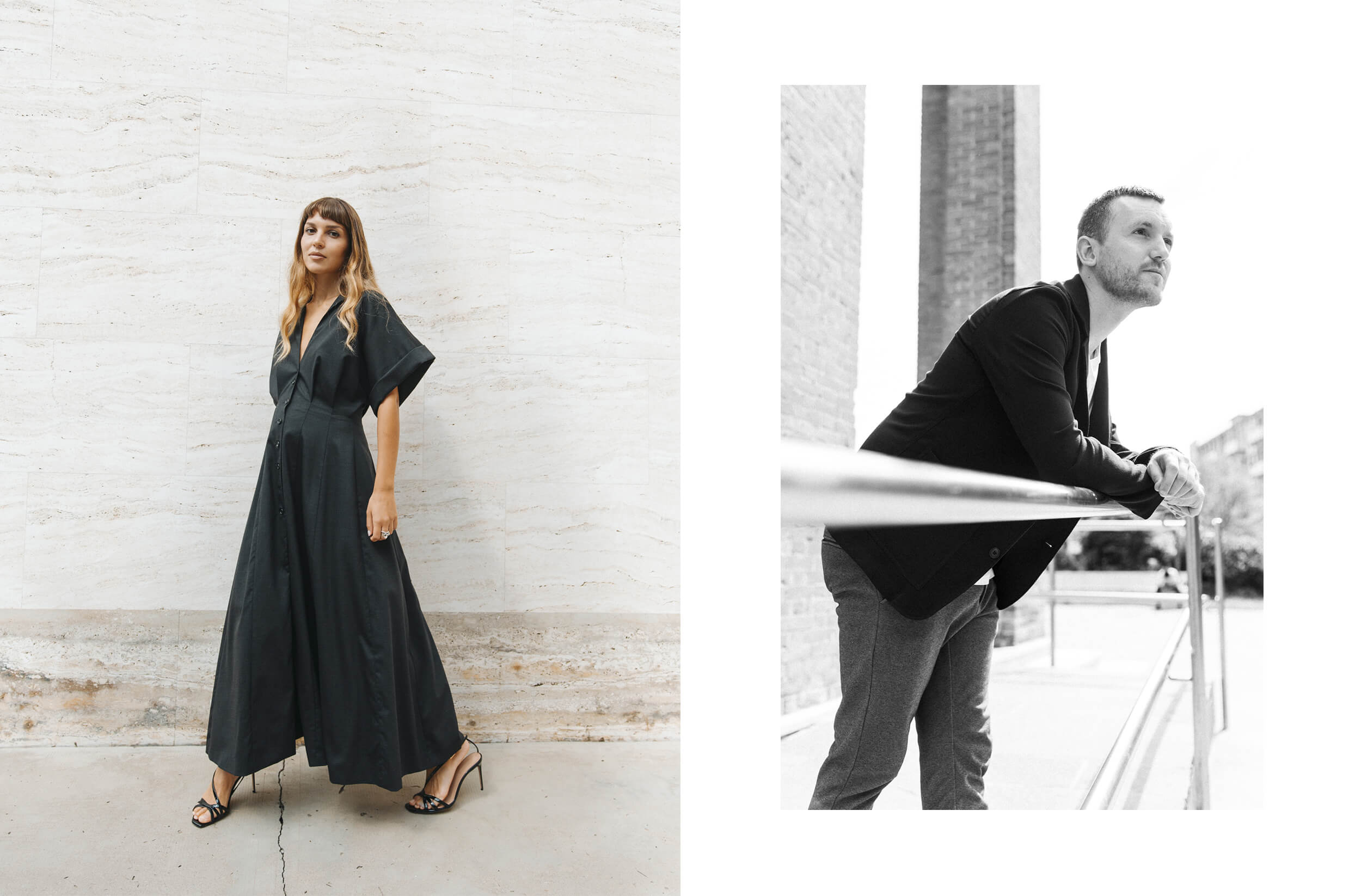Nature is everything. Nature is everywhere.
Despite the modern world tries to overcome it, its power is deeper and more mysterious than we can imagine. And, sometimes, it wants to take back its place as the ultimate ruler, even if in dramatic ways.
“Basileia”, the first long feature film by Isabella Torre, is all about the power of nature, specifically that of Aspromonte, where the discovery of a treasure by the character played by Elliott Crosset Hove led to a series of irrevocable events.
The influence of the past, the mystery that don’t need and explanation, the importance of collaboration and the landscape: “Basileia”, Isabella, Elliott are all parts of a narrative that aims at underlining how something bigger than us is actually out there. What is it? Well, sometimes the lack of an answer makes life even more worth of living, don’t you think so?
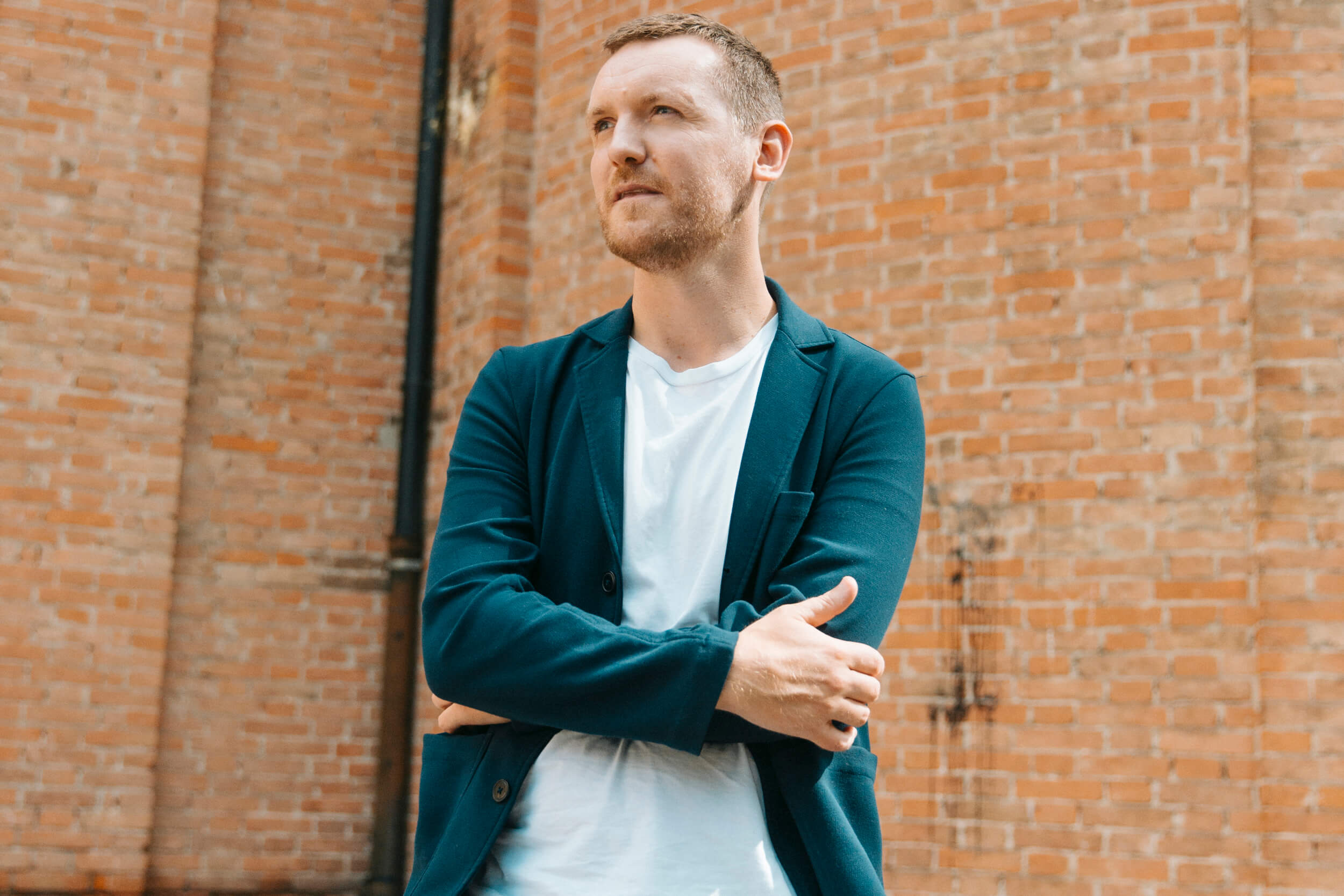
Isabella, you have been to Venice before: how does it feel to be back here with this new project?
I have returned to the Festival in the Orizzonti section with the short film “Ninfe”, and then at the International Critics’ Week with “Luna Piena”, which is the only project not connected to “Basileia”, but I have never been to the Giornate degli Autori, and I find that it’s the right home for the film. I’m very happy. I always feel a bit at home here in Venice, and it feels a bit like the culmination of this long journey that has been “Basileia”, which began so long ago.
I always joke that it’s the longest gestation I’ve ever had: it was difficult, and I am very proud that now it is finished, out in the world, and able to start its journey.
What about you Elliott, how’s it going?
It’s been wonderful. It’s my first time visiting the Festival, I’ve only been to Venice as a tourist when I was 10 years old. I’m very excited about being here.
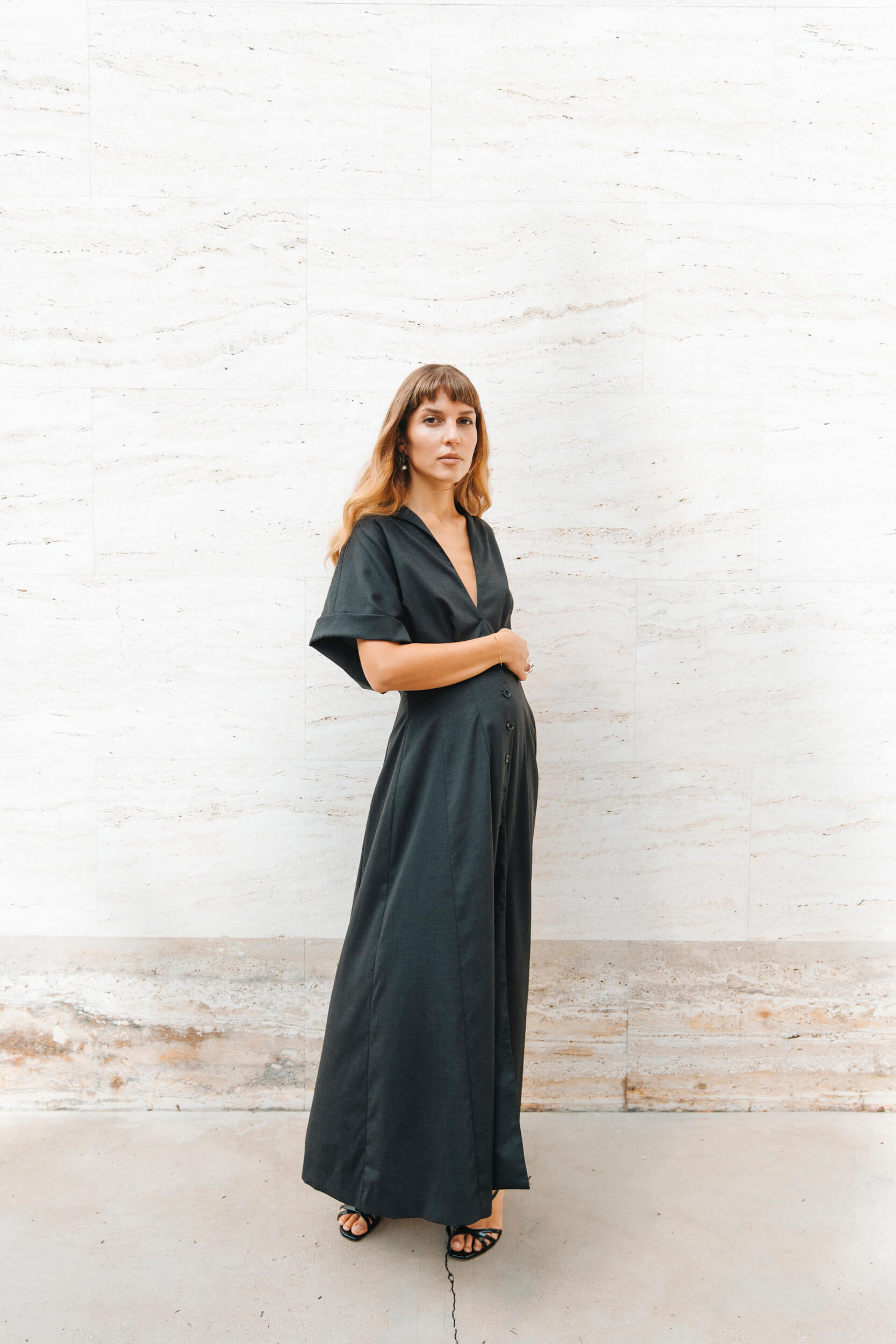
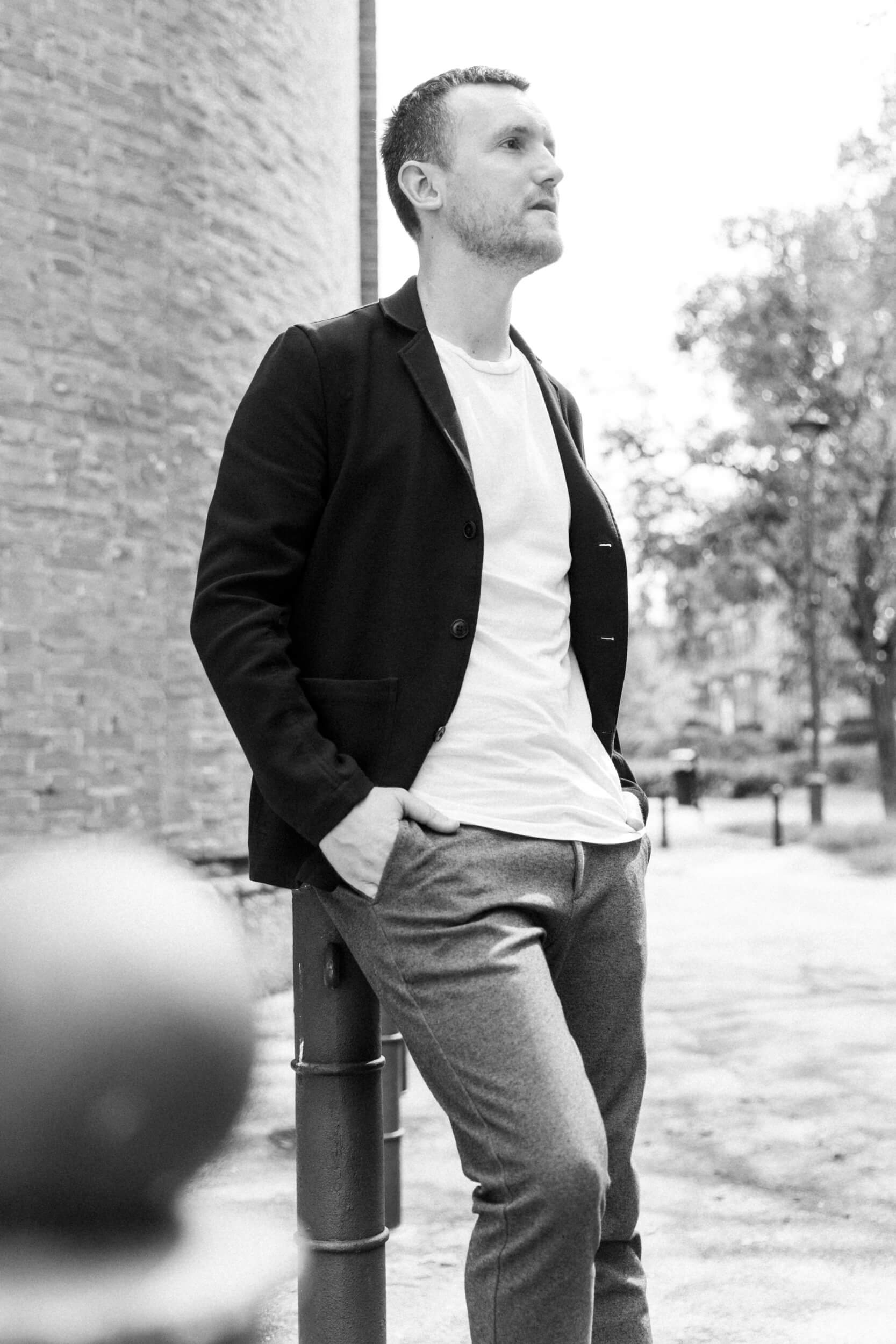
What was it like collaborating with each other and the other people involved in this project? It’s also a production spanning several countries, including Italy and Denmark, so what was the process like that led to the film?
I: There’s so much to say. First of all, the fact that it was a small crew, chosen because most of the people were individuals that both Jonas [Carpignano], the producer and my life partner, and I had already worked with, so we were already starting from a collaborative structure, apart from a few new entries introduced by my director of photography. From the very beginning, though, we formed a very family-like reality, and we had moments of genuine conviction that stayed with everyone’s hearts.
The film was very tough to shoot, and the fact that all these people were willing to live this adventure together with me made me grateful every single day. I saw it a bit like we were all on the same slightly rundown boat, but one thing was certain: that boat was bound to sink, and together we would collaborate to survive as long as possible. This helped me a lot, especially because I had my little daughter on set, so the situation was very challenging for me, as were some scenes filmed in nearly impossible locations.
As for the cast, there are two directions: one involves non-professional actors, or rather extras, people who live in Aspromonte, who represent that land and are very close to the characters they portray in the film. These are people I have known for years, and then, suddenly, just before we started shooting, they discovered they would be in the film, and, thank God, they trusted me, also because we already cared for each other.
Then, there were experiences like the collaboration with Elliott: we had never met, we met on Zoom when I finally managed to reach him. I had seen his films and I liked him a lot, so I already had a great predisposition towards him. His vision of the character, “the Irishman,” impressed me greatly, and from the very beginning, he made himself understood. He is an actor, but also an incredibly generous person, and working with him was an immense fortune for me: he is capable of giving himself completely, both heart and mind, even in the most difficult situations, with incredible kindness.
I had also already met Angela [Fontana] in various situations and had the opportunity to get to know her much better later. She, too, gave herself fully to the project, and she was truly excellent.
E: It all started with a meeting, as Isabella said, and there was a very lovely connection. When I read the script, I just thought it was absolutely amazing, magical and very powerful, something that I had never seen before. I was very lucky that I got to see Isabella’s previous work, her short films, and I think they’re wonderful and have a lot of heart.
Going into this project, I was very tired because I had worked a lot before and I thought I could not give enough, and needed more time to rest. But Isabella gave me confidence and made me feel very safe. It doesn’t happen too often that you have such a natural connection, but I really think we had that, thanks to her.
I read the script over and over, to get a sense of the character, but then lean into Isabella’s direction and vision. I think she was brilliant at describing her vision and it was wonderful working with the other actors and producers. Then, a lot of the cast were not actors, but people who lived in the towns where we shot, and it was amazing to see how Isabella directed them. It was something I’d never seen before, that approach to working with people who were not familiar with acting, and they were amazing. As an actor, my dream is to act as if I’m not an actor, and they had that naturalness. Isabella took us all on board and put us on the same page.
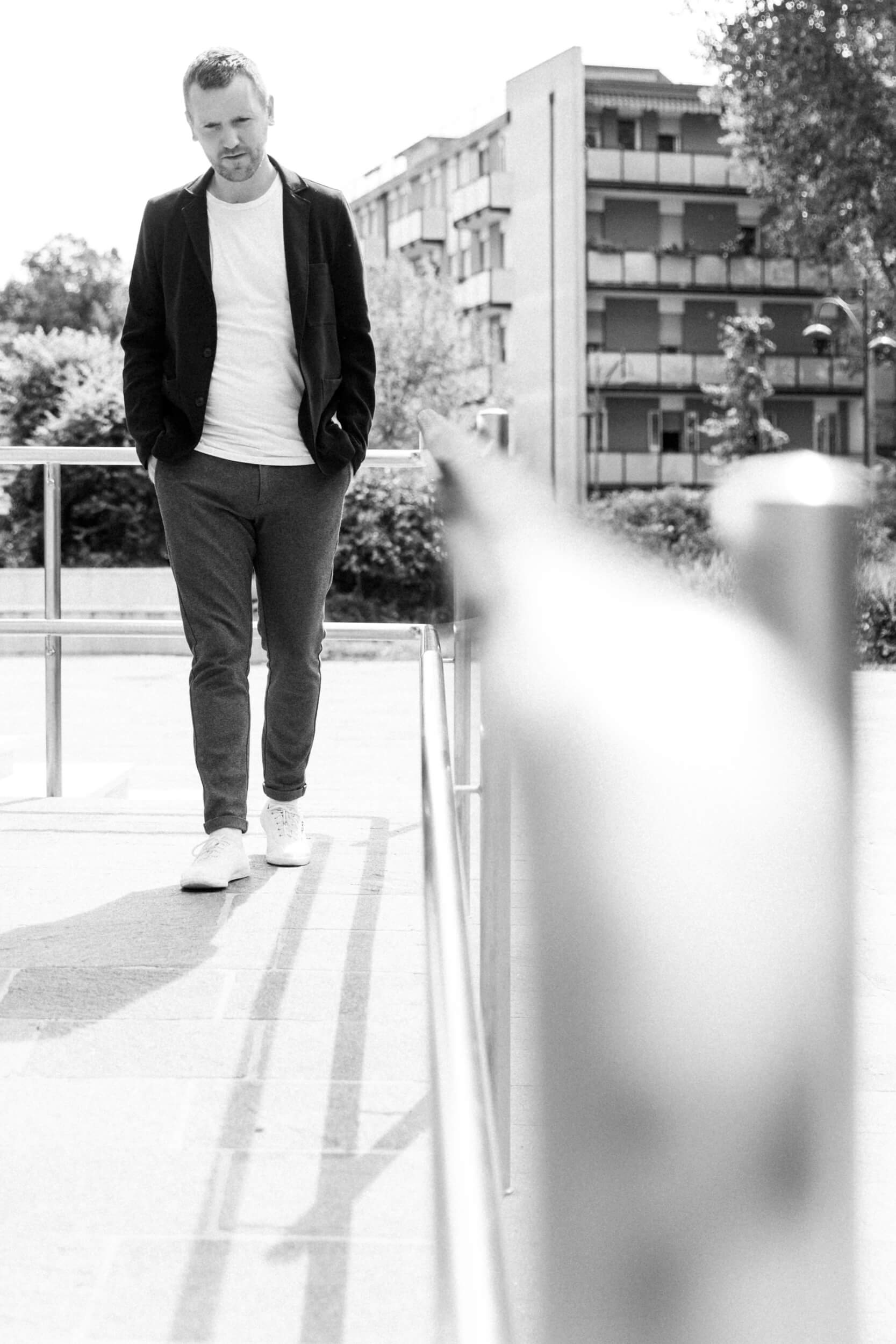
“As an actor, my dream is to act as if I’m not an actor”
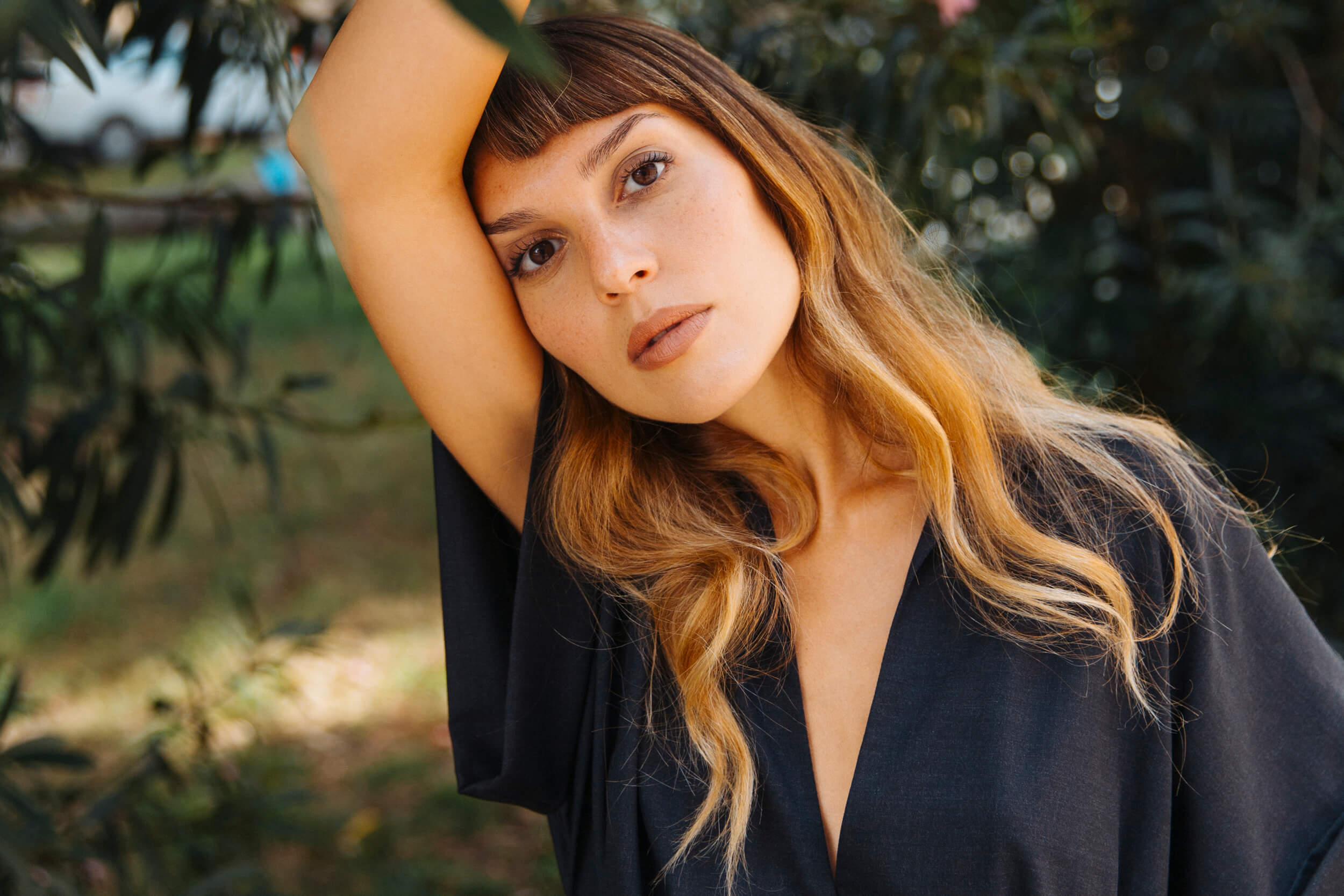
Isabella, this film is somewhat the continuation of your long journey, following the short “Ninfe”. Did it start with the idea of being a feature film, or did it develop from a short film into a full-length one?
It has always been a feature film because I knew the story would be so complex to stage, some places and people were so unreachable, so delicate and inaccessible, that I would need to test myself and generally test whether it would be an adventure we could embark on. Once I realized we had the foundation to do it, I felt I could be more solid in the experience of shooting a feature film.
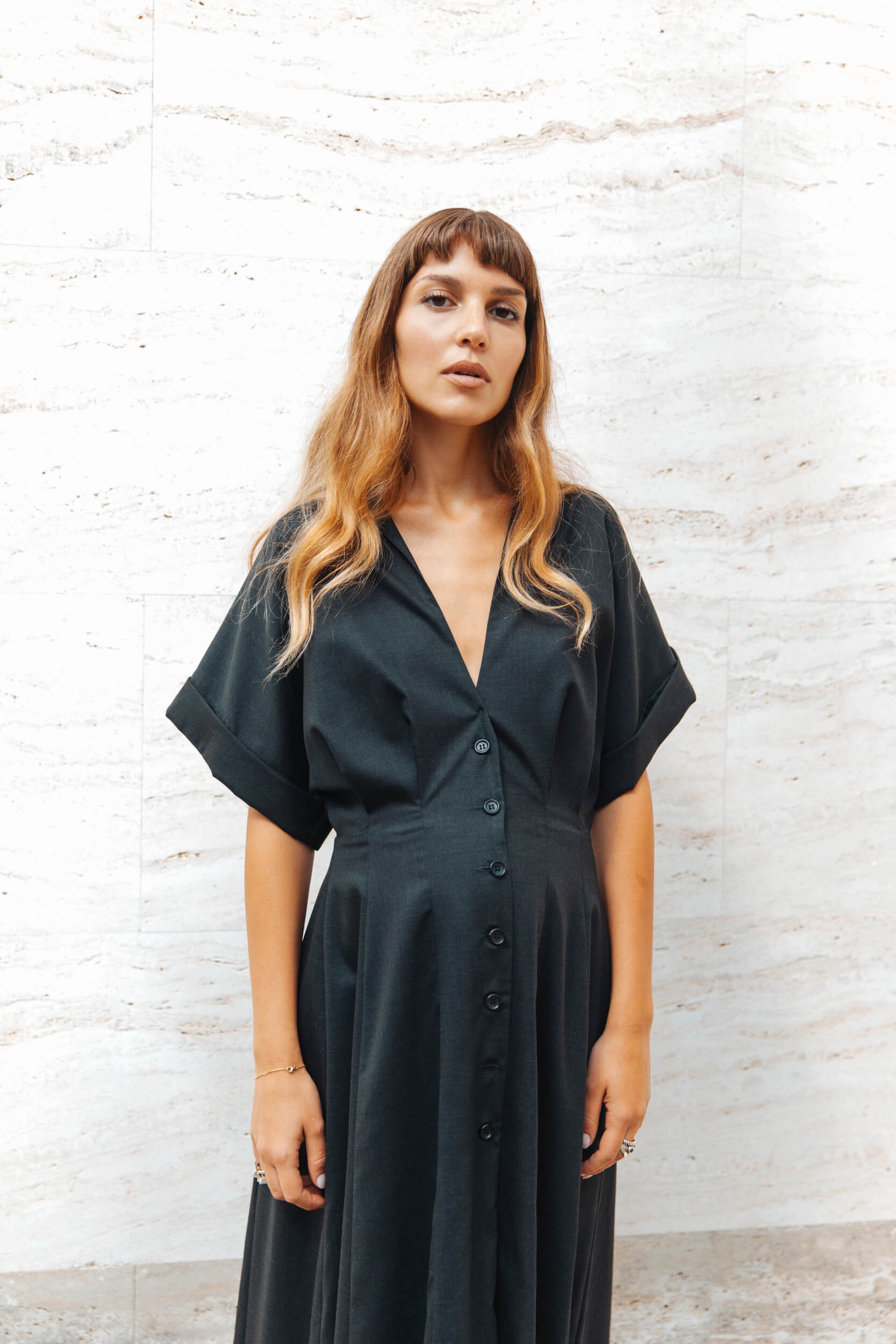
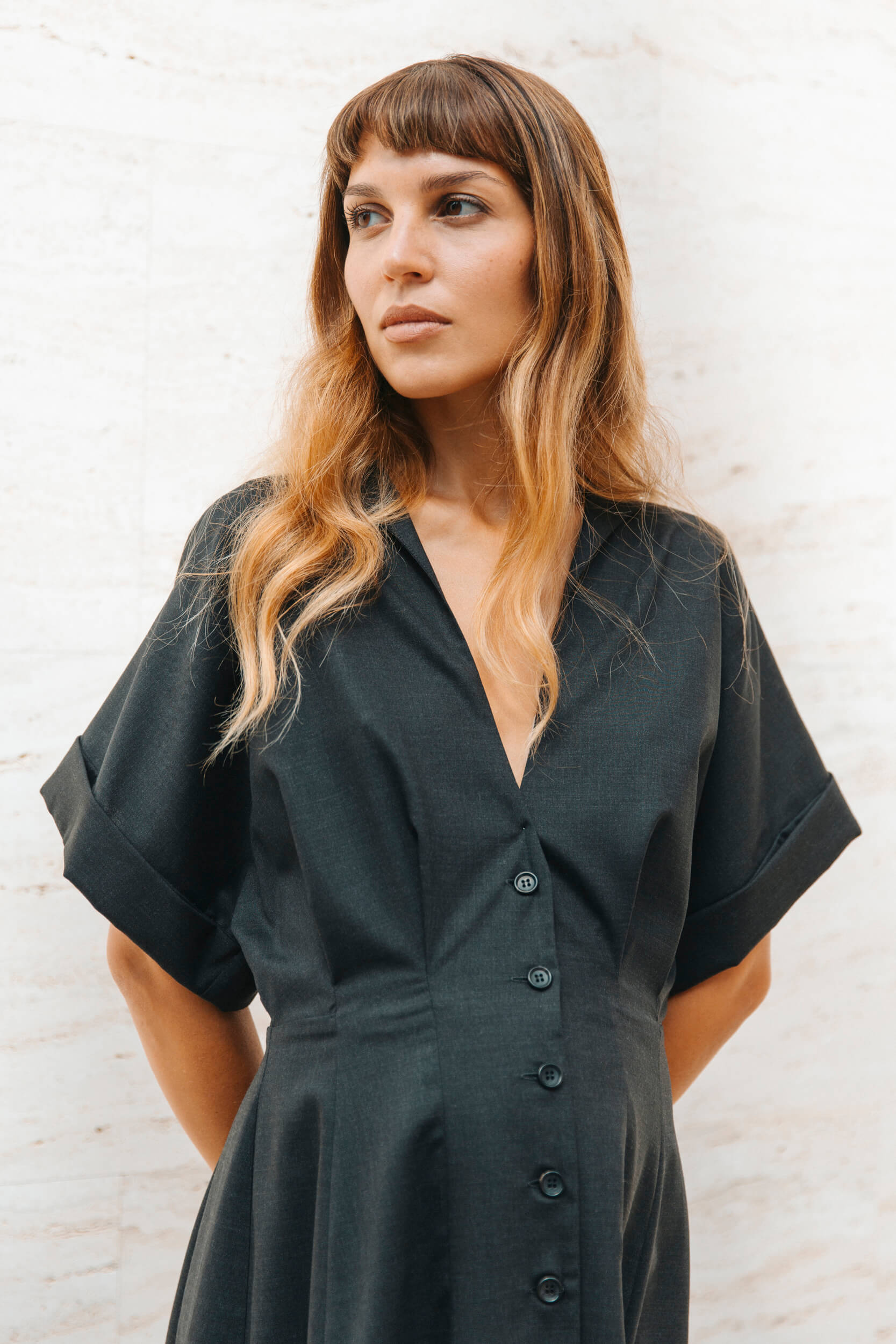
Elliott, speaking of your role, what was your preparation process like? Were there any challenges you had to face while portraying such a complex, meditative character?
Yes. It was a very interesting process for me to prepare, coming out of a period with a lot of work. I felt very empty, but I trusted Isabella. I read the script over and over again like I said, and trusted that what I needed to know would stick and resonate as long as I kept reading the script because normally, I would write down a “big book” and do so many things in preparation; here, though, I just didn’t have time for that, but Isabella told me to read the script and rest.
It was so liberating not to have to do so many checkpoints in the preparation and just trust that it’s all there in the script.
My character, as you said, is very complex: he’s very passionate about the treasures and the history of these treasures one side, and on the other side he’s very much rounded by capitalistic society because he wants to sell them and believes he has the right to do so. That was very interesting to put on screen and became the very essence of him, his very core.
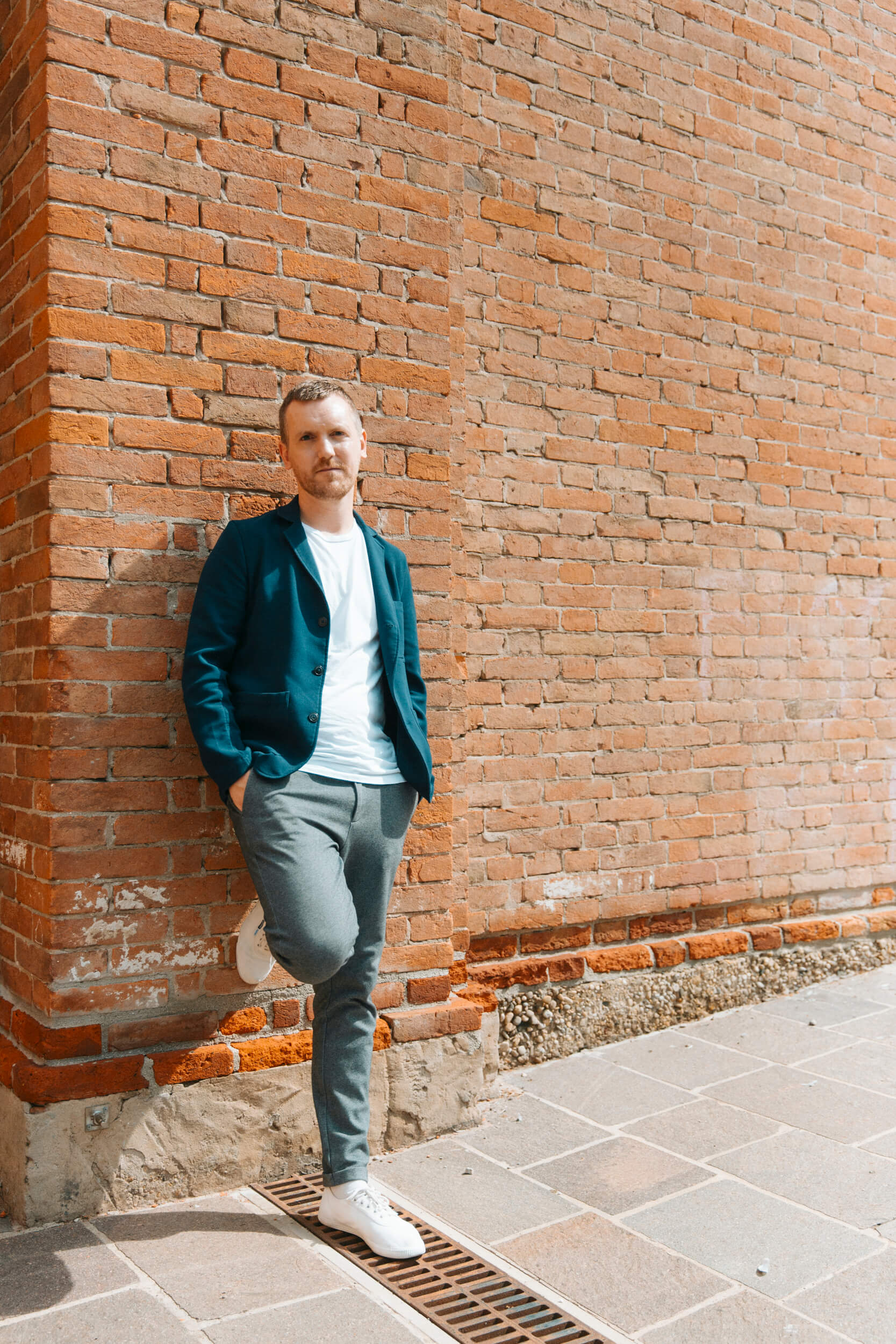
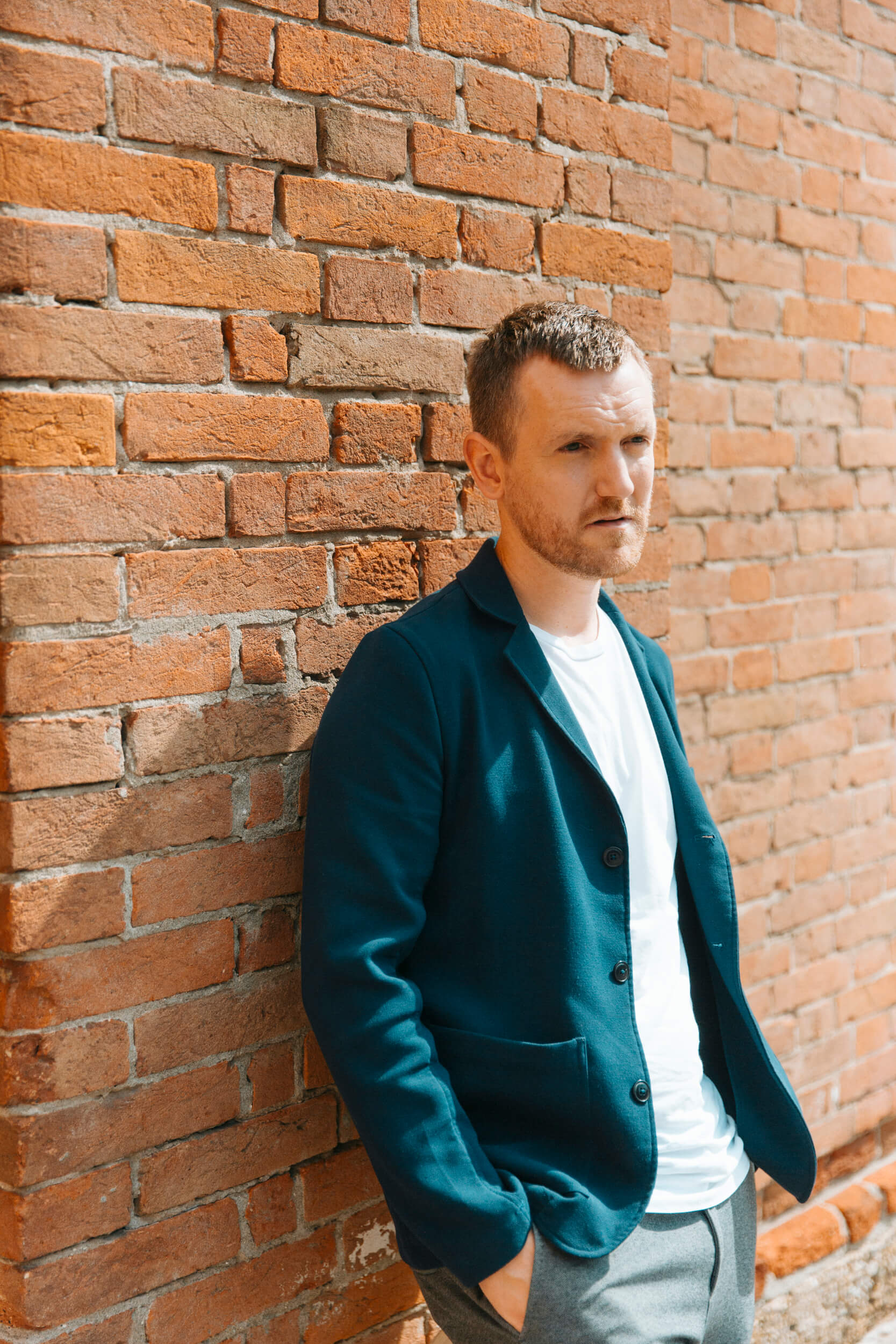
The main character is perhaps the landscape of Aspromonte, with all its meanings, difficulties, and beauty. What was your relationship with the landscape, then? Did it convey any particular feelings or inspirations while you were there with everyone?
I: The inspiration for the film comes first and foremost from Aspromonte: this place and its mist are actual characters. The tone of the story is so mystical, otherworldly, real, and wild precisely because Aspromonte is like that. The name says it all; it’s a rugged place, yet also poetically beautiful and harsh, much like life in general.
Spending so much time with the crew was wonderful, we have so many anecdotes to recount, incredible things that happened, adventures that make you feel incredulous for having survived them. Just managing to complete a day of work in the Aspromonte environment was a feat: if it rains there, the rain can be devastating, and the fog can sometimes be so thick that you can’t see the person standing next to you. The landscape undoubtedly shaped our spirits as we filmed and influenced the screenplay a great deal overall.
E: Yes, the landscape did a lot of the job for us, for me in particular. Just trying to be as open as possible to the landscape because it definitely did affect me, as a person, but also as a character. You get so many gifts from it, so it was all about letting nature do the job for you because if you relax into it, it will become natural if that makes sense.
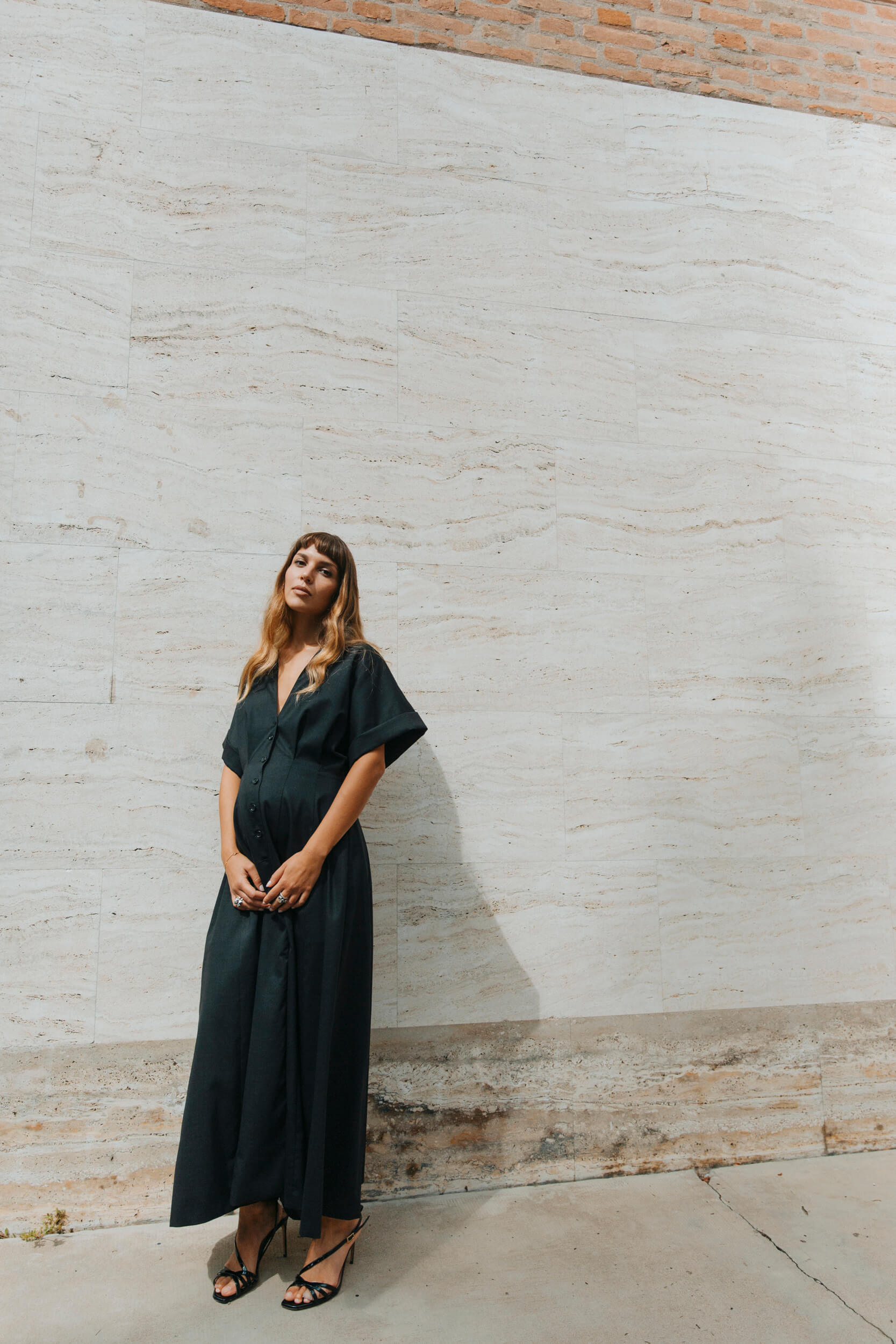
The Nymphs save the surrounding landscape, reclaiming, in a sense, what was once theirs, in a dramatic and devastating way. The theme of salvation is very strong here, whether it’s the landscape, the world, or ourselves. What does this idea of salvation represent to you?
I: I’m not sure it’s about salvation in a general sense, as I don’t see the Nymphs as saviors of Aspromonte and its people. On the contrary, in many moments, the Nymphs are lethal. They are forces of nature unleashed, but they are trying to survive. So, I would speak more of survival and adaptation to the surrounding environment and the proliferation of their species. I see the Nymphs also as symbols of a past that is a very strong presence, one that goes beyond the passing of time: it’s about the future, and it’s about roots because that is what Aspromonte is at this historical moment. It has come into contact with the gentrified, contemporary, colonized world, as we know it, although there, it has a completely different effect because it doesn’t really manage to take root and fully change their ways, to transport them entirely in that direction.
Although young people there are exactly like us, their view of life and their disposition are so deeply tied to the force of nature that surrounds them, to time and the past that defines them, that modernity will never have the same influence there as it does in other contexts.
E: For me, it would be to do less compared to what the character I play does in the film. He believes he has the right to take something from the ground and make it his own, for his own sake, and he’s not doing it in a wholesome way.
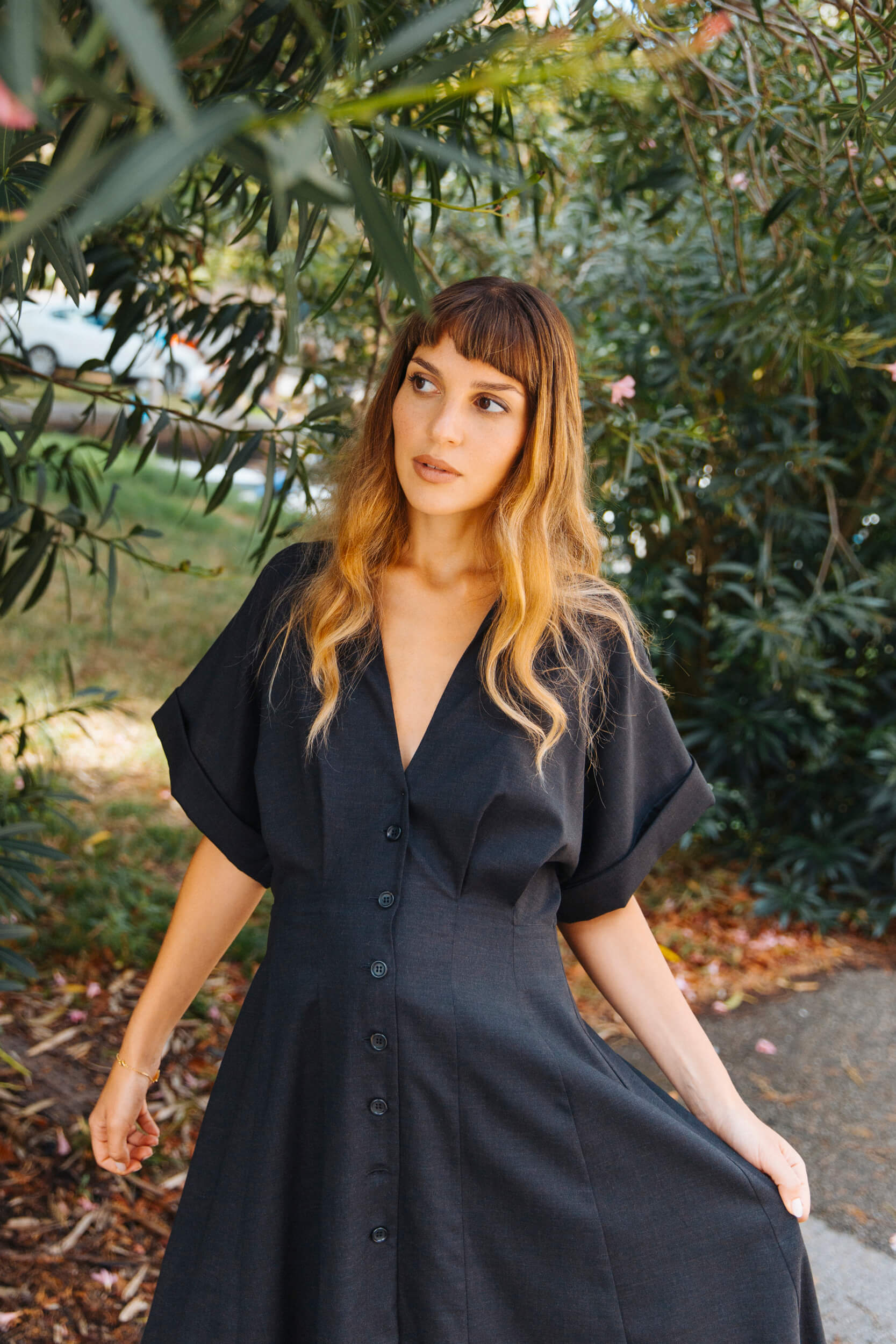
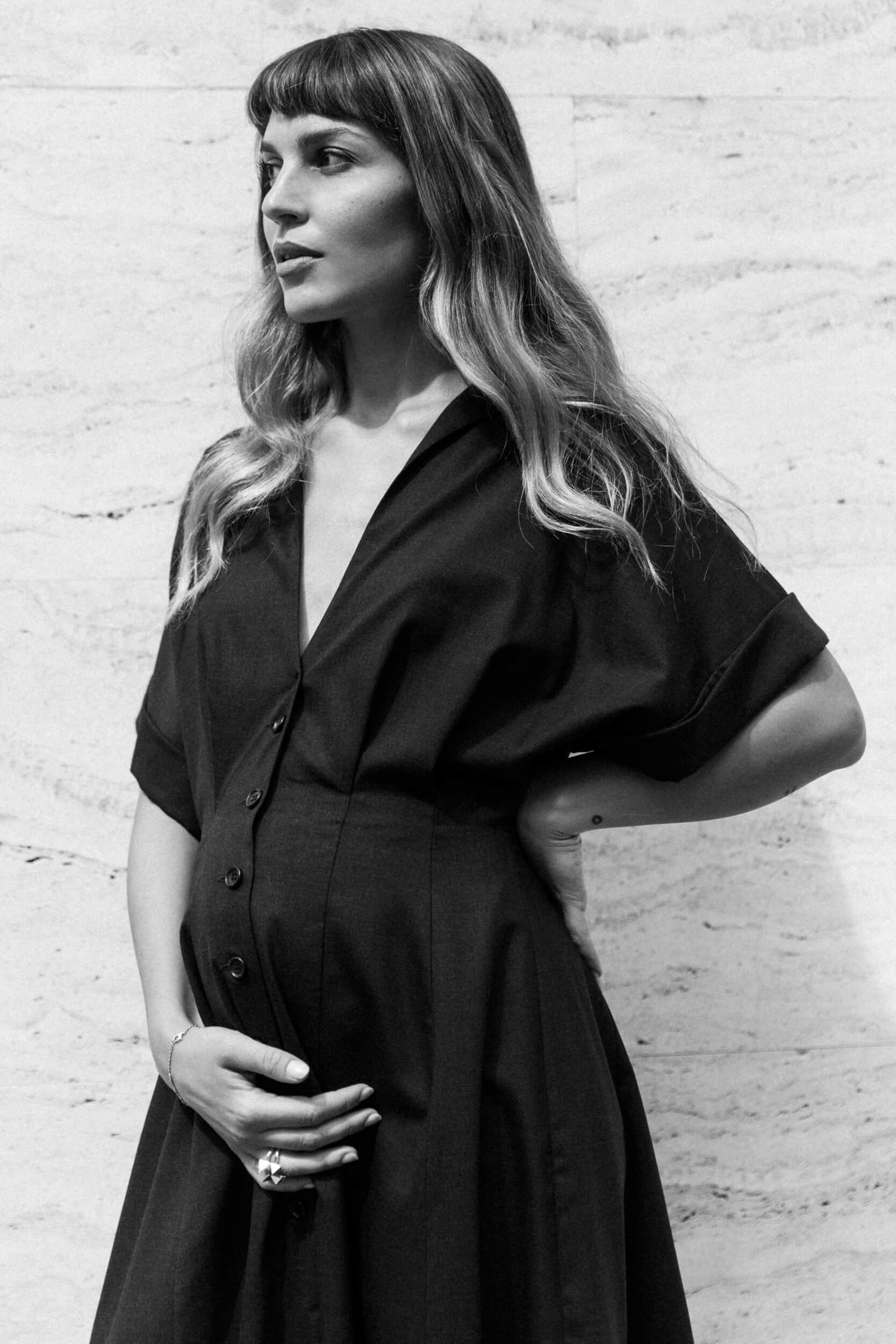
“in many moments, the Nymphs are lethal”
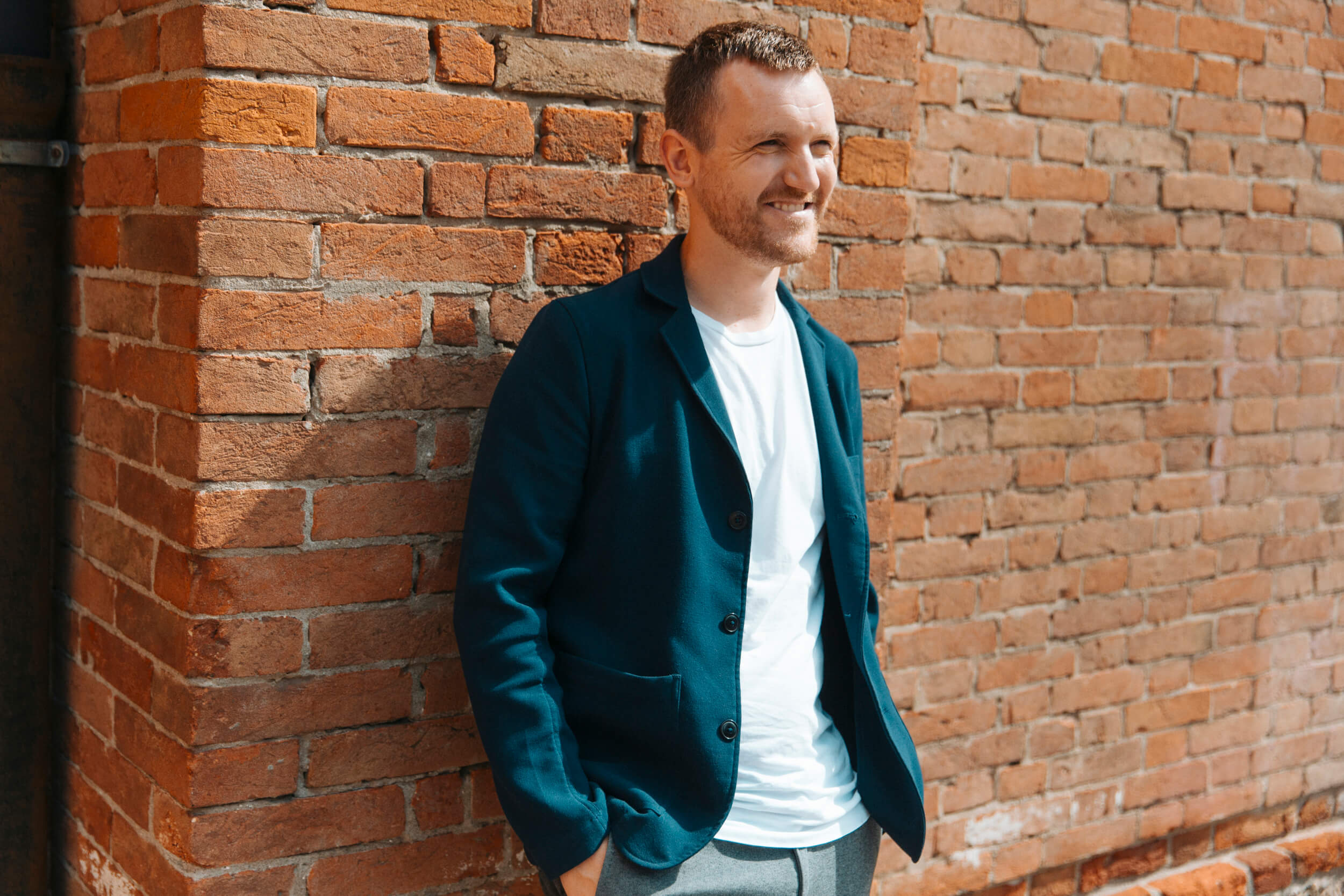
Speaking of religiosity: do you believe there is something bigger than us?
I: Personally, I’ve always been intrigued by this question. Perhaps this is the key to the film, how people manage to trust higher entities without preconceptions. I think there is so much that is inexplicable, mysterious, and powerful that perhaps an answer is not necessary. That’s why the Nymphs are also not so easily defined: what happens is not entirely clear, there isn’t an explanation for everything, and for me, it was important that this was the strength of the film. Not everything is black and white.
Even the ending follows this direction: there are mysteries in life that serve a purpose simply by existing as mysteries.
E: I do believe there’s something bigger than us. I don’t know what, but I do think so. Because if there’s nothing, it would just be so sad and meaningless.
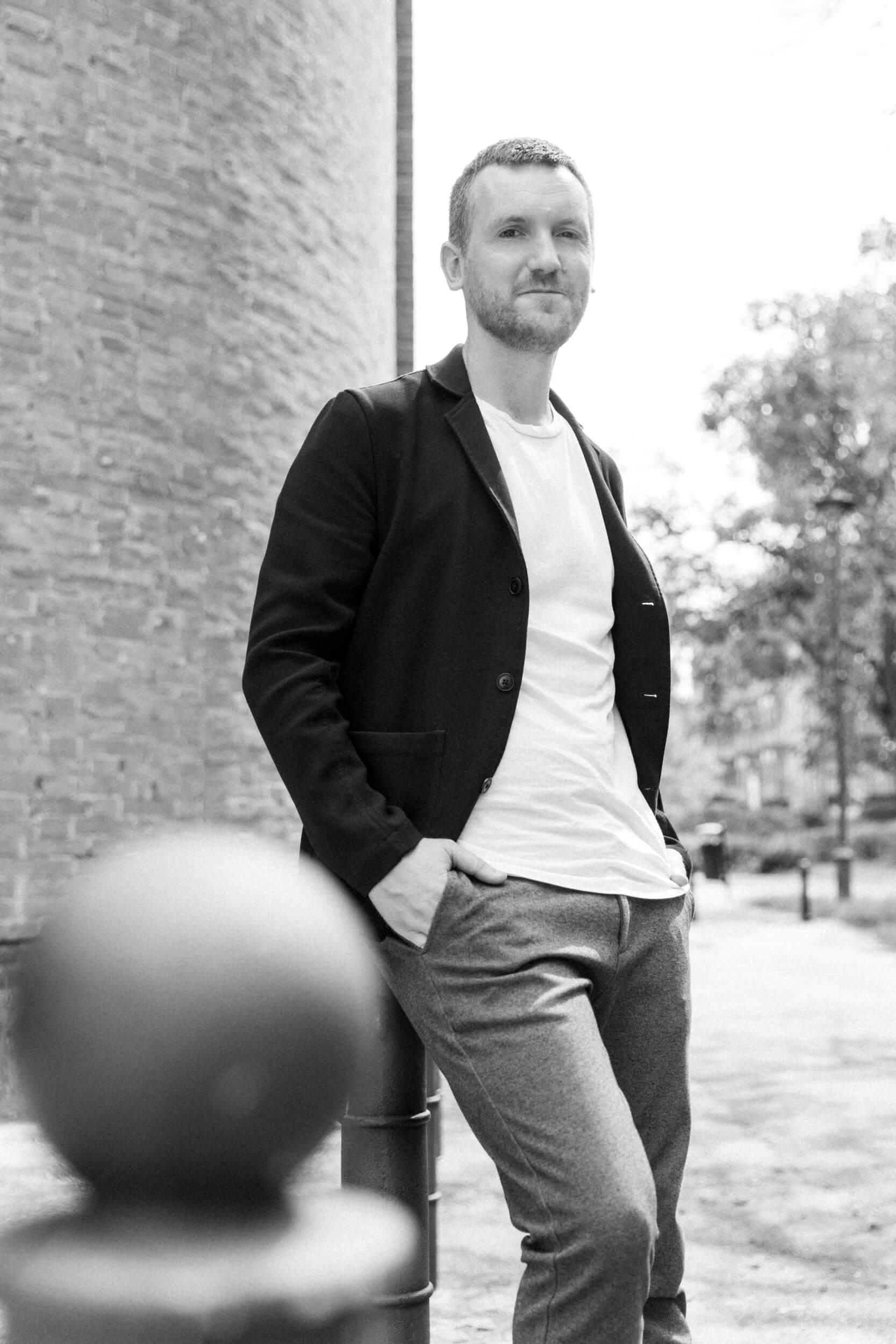
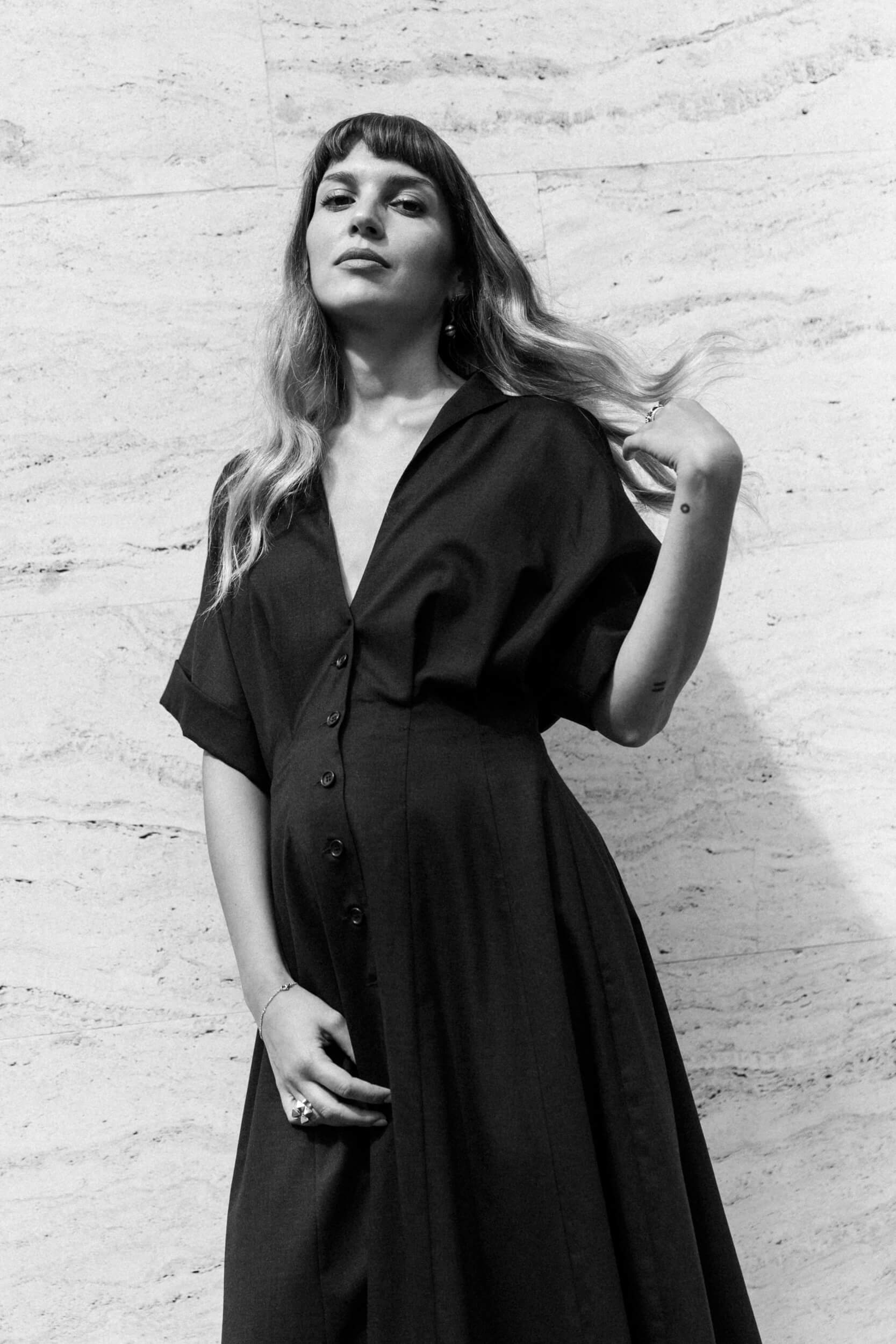
This sense of mystery is very palpable in the film, which is why I was eager to hear your perspective. What’s the last thing you discovered about yourself through your work?
I: I discovered that I’m a lot less of a coward than I thought.
For me, the biggest challenge of making this film, aside from the locations, weather conditions, and various difficulties of that kind, was the fact that I had my little daughter on set. I discovered that what I thought would be a division that would distract me from my goal actually made me much braver and more focused. I identified my priorities, which were often driven by the fact that I had my daughter with me, and I didn’t have time to leave anything to chance. I rediscovered myself in this film.
E: I discovered how lucky I am to have this job and have the chance to travel and meet wonderful people from other countries and cultures, and to become smarter in the heart, also. I feel immensely lucky to have been part of this experience because making this film was so different from what I’ve tried before. What I learned from this experience, or what I was reassured about, is that I, as the character that I played in the film, who comes from Scandinavia, a very privileged part of the world, have to be aware that I come from a very privileged place.
Speaking of which, what’s your happy place?
Right now it’s home, with my girlfriend and my son.
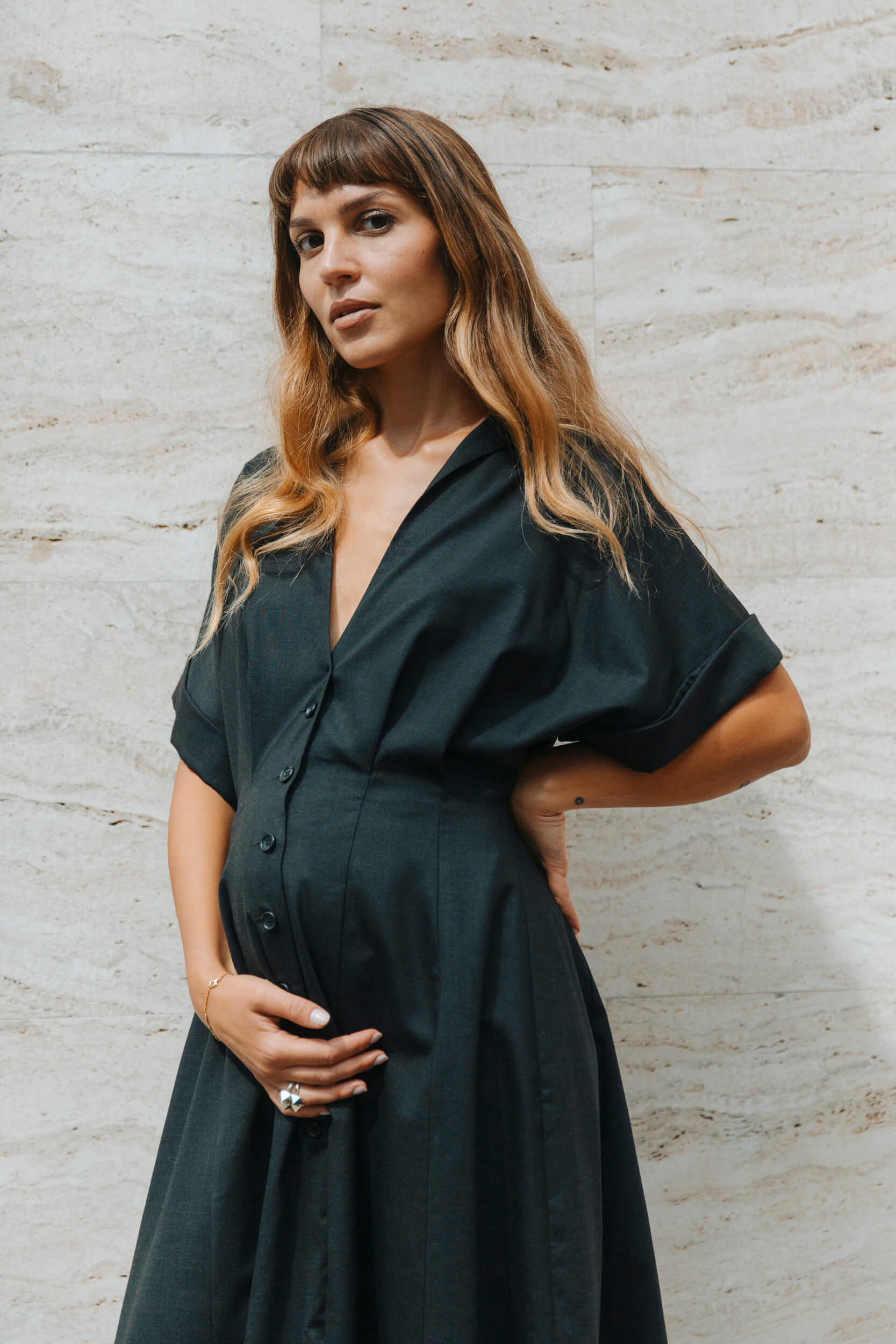
Photos by Luca Ortolani.

